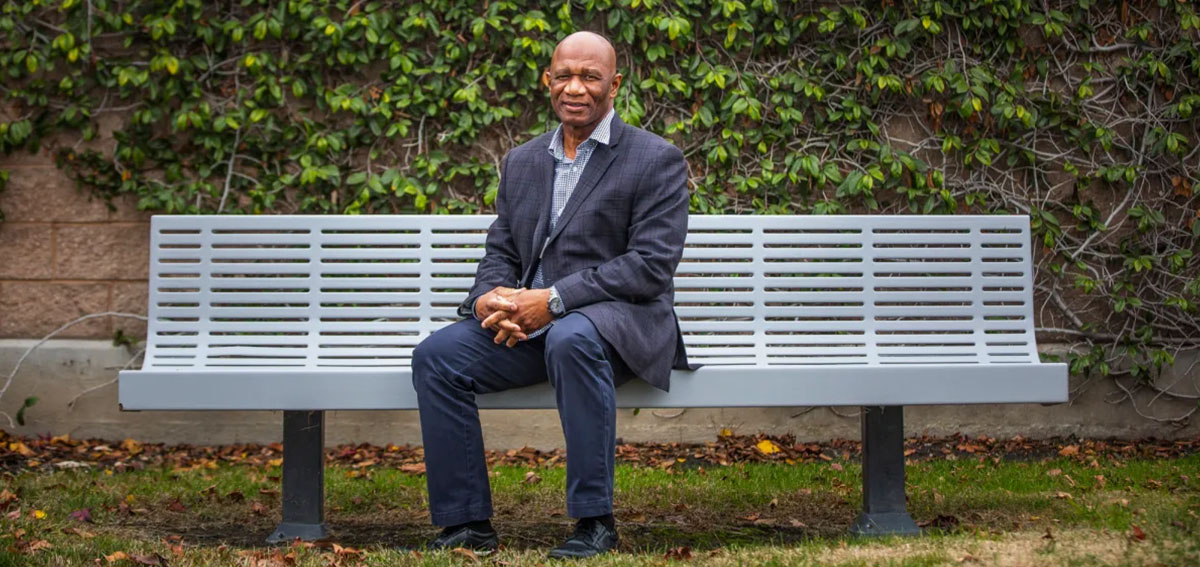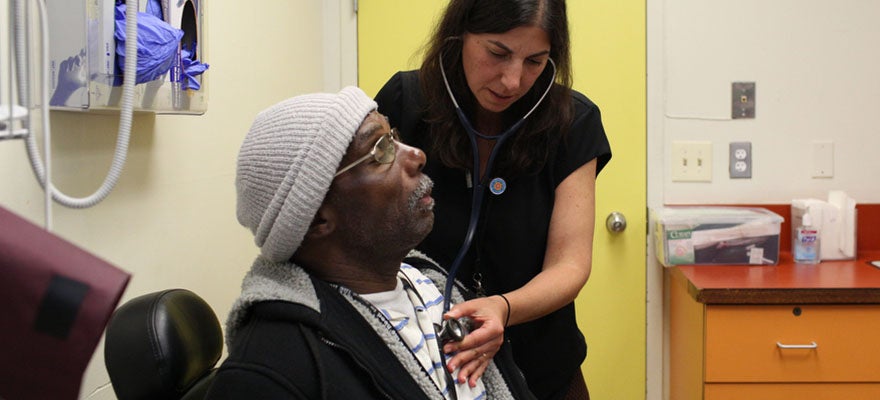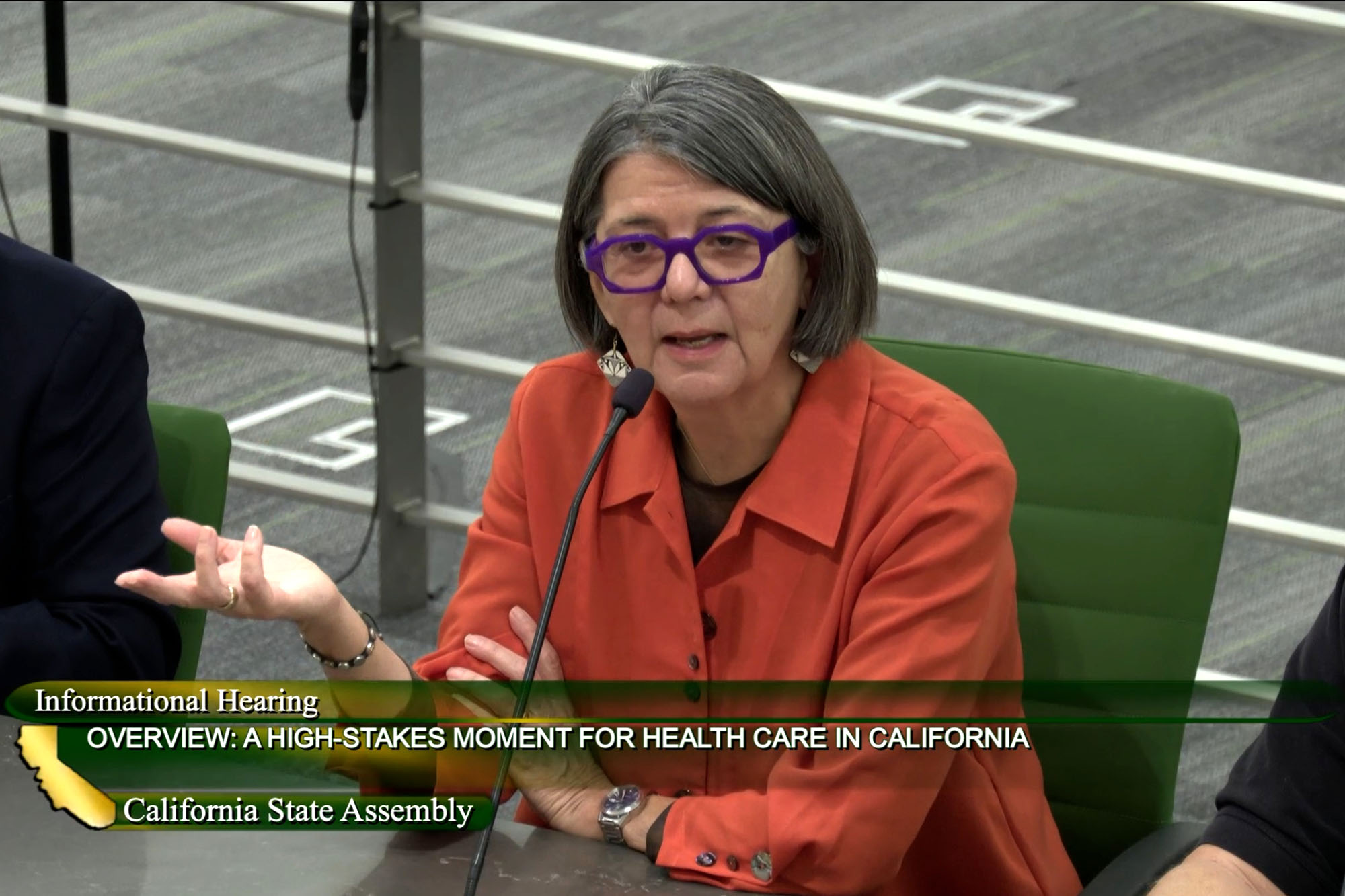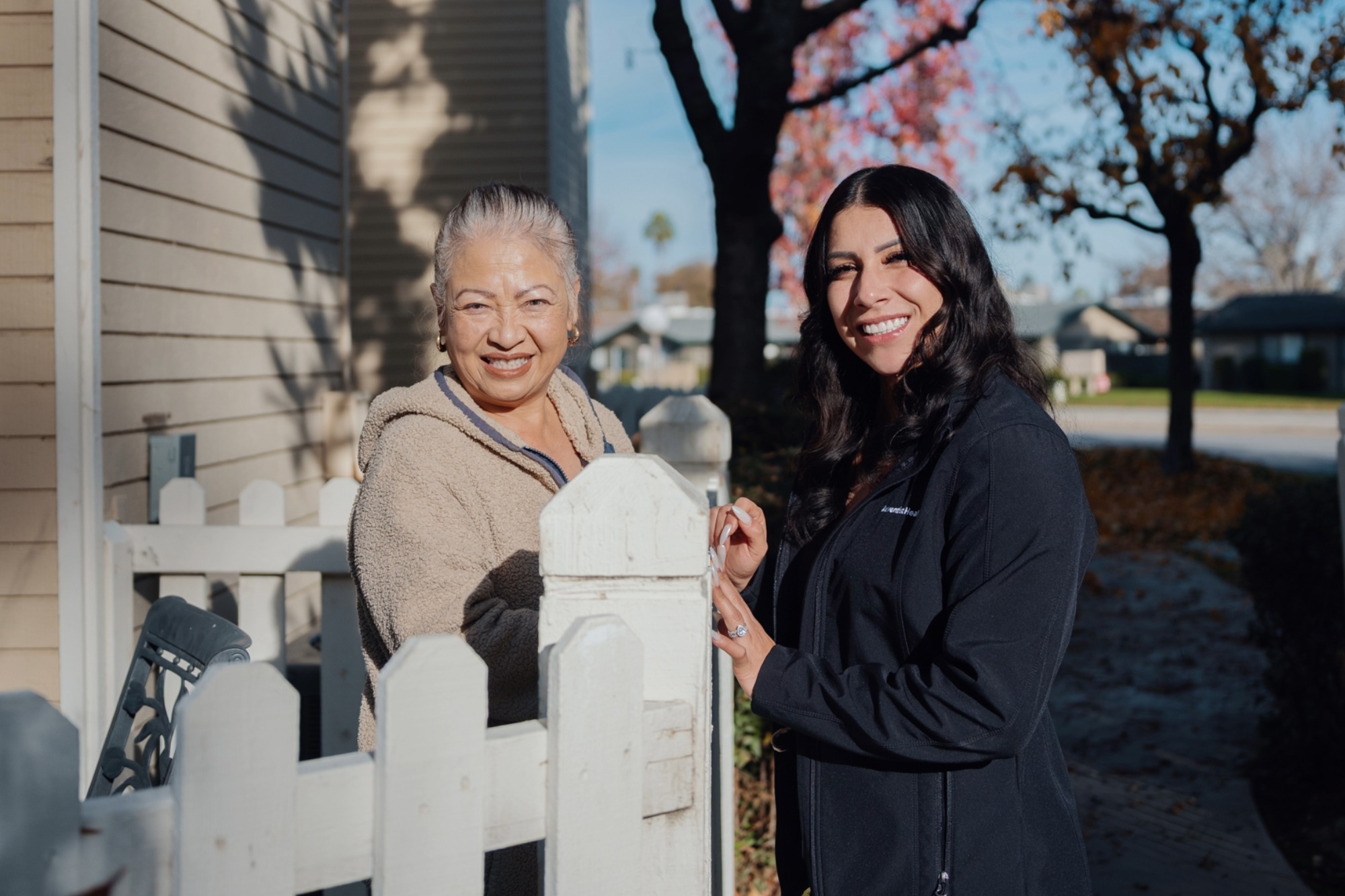One key group CalAIM seeks to help is people returning to their communities from jail or prison. In California, about 35,000 people are released yearly from the state’s prisons. In addition, most of the 350,000 people booked into county jails each year are released within a few weeks.
While most people in this “reentry” population are eligible for Medi-Cal coverage, they often struggle to get needed health care services. This is a health equity issue because Californians of color are disproportionately incarcerated.
When Medicaid was created in 1965, federal law barred the use of federal Medicaid funds for services for people who are incarcerated. In part for this reason, when people leave prison and jail, they often experience gaps in care in accessing health care in their community. People in the criminal legal system often have a background of trauma and poverty as well as acute health needs: One-quarter have serious mental illness, many have multiple physical health conditions, and 60% of California prison inmates have substance use disorders.
In early 2023 California became the first state in the nation to receive federal approval to use Medicaid (called Medi-Cal in California) to cover a targeted set of services for people leaving jail or prison in the 90 days before their release. Correctional systems in three counties — Inyo, Santa Clara, and Yuba — began implementing these pre-release programs on October 1, 2024. More counties will go live over the next year.
These prerelease services are one essential part of CalAIM’s Justice-Involved Initiative, which is designed to better meet the health needs of people leaving incarceration. Others include these:
- Enrolling eligible people in Medi-Cal before their release from prison, jail, or youth correctional facilities
- Ensuring connection to both physical and behavioral health services after release and offering a new benefit, Enhanced Care Management, to the reentry population starting in January 2024
- Increasing access to services known as Community Supports, including housing transition navigation, deposits, day habilitation, and others
CHCF supports projects that expand proven models of care and research into policy approaches to improve the coordination and delivery of care for people before and after they leave correctional settings and return to the community. Below, see all CHCF’s work in this area.











